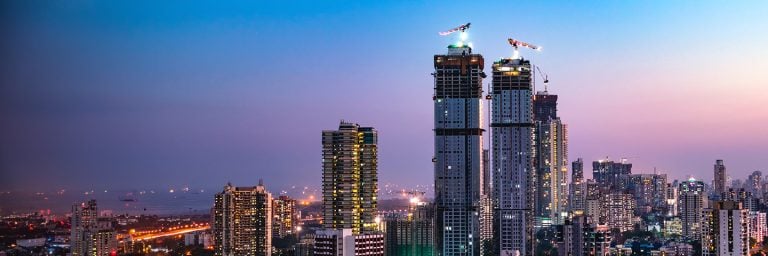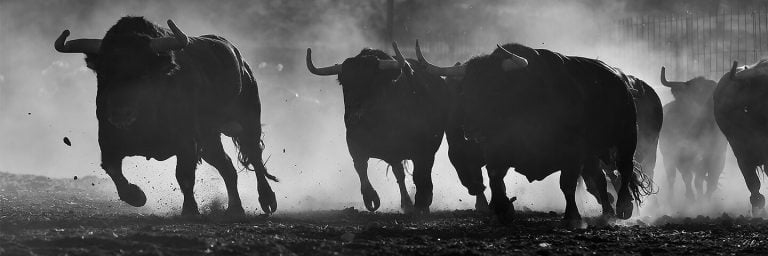Institutional Insights
Stay informed with fresh insights and informed perspectives, explore new trends in responsible investing, and much more.
Articles
Filter by authors
All
Filter by categories
All
Publish from date
Publish to date
No posts matching your criteria


Commentary
April 24, 2024
A Crucial U.S. Election That is Likely to Deliver Vastly Different Policy Outcomes
The victor of a Biden-Trump presidential rematch will likely pursue almost diametrically opposing policy ambitions compared to his opponent. The outcome of the November election could hold deep implications for inflation, growth, regulation and beyond, write Michael Gregory, Deputy Chief Economist, and Sal Guatieri, Senior Economist, BMO Financial Group.


Commentary
April 23, 2024
Intuition vs. Computation: A Brief History of Quant Investing
With quant strategies once again appearing in news headlines, BMO Global Asset Management’s new Head of Quantitative Investments, Lu Lin, offers a primer on the historical push and pull in institutional investing between human instinct and mathematical models.


Commentary
April 23, 2024
Notes From Mumbai: Investigating an Economy on The Rise
Headwinds in China’s property sector and shifts in global trade that began during the COVID-19 pandemic have opened opportunities for other emerging markets. Now, investors’ attention increasingly turns to one market in particular: India. In this article, Sadiq S. Adatia, BMO Global Asset Management’s Chief Investment Officer, shares first-hand observations from his recent opportunity-finding mission to Mumbai.


Responsible Investment
April 18, 2024
Transforming businesses through climate strategy
As net zero evolves from ambition to action, the right corporate behaviours can help create a winning climate strategy.

House view
April 16, 2024
Delayed Again: The Soft Landing that Never Comes
The view from 10,000 feet is that the economy is still in fairly good shape. That said, it is important to understand that we are beginning to see more signs of underlying economic weakness.

House view
March 20, 2024
The Bulls Keep Running: Why Markets Remain Upbeat
The most recent round of earnings generally delivered good results, with the biggest story being Nvidia continuing to beat market analysts’ high expectations.
Load More